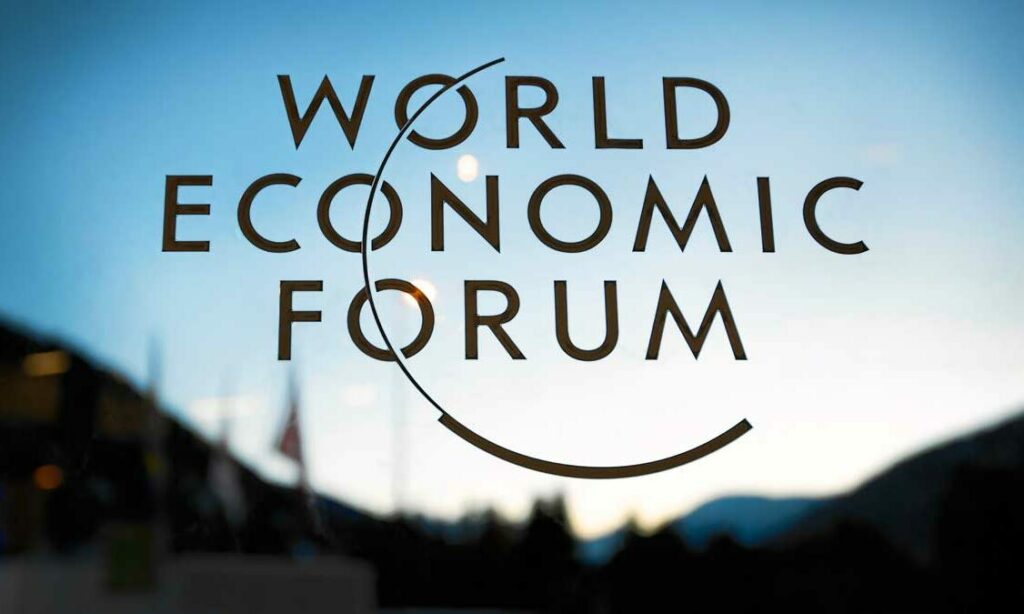Growth over the rest of the year clouded by uncertainty, economists say

The survey attributes the bleak outlook to current geo-economic developments, such as tariff tensions between China and the United States, describing this as a significant structural shift in the global economy rather than a temporary disruption.
Positive economic growth across countries remains uncertain as the global economy continues to grapple with persistent instability.
This is according to the latest survey of chief economists worldwide, the majority of whom foresee a bleak growth outlook for the remainder of the year.
More To Read
- World Bank upgrades Kenya’s growth outlook to 4.9 per cent, warns of elevated risks
- Top 10 largest African economies in 2025 by Gross Domestic Product (GDP)
- Global economic outlook dims as IMF warns of prolonged uncertainty
- Private sector activities rise for the first time in five months in September
- Kenya's economy grows 5 per cent in second quarter of 2025- KNBS
- Gender equality is the goal, but how to get there? Case study of South Africa and Australia shows that context matters
In response to the survey conducted by the economic think tank World Economic Forum (WEF), 82 per cent of economists indicated that current levels of uncertainty are very high, driven by concerns over inflation, geopolitical tensions, and uneven recovery trends.
Although over half (56%) expect these pressures to ease somewhat in the coming year, there is still no clear consensus on a stable trajectory for global growth.
The survey attributes the bleak outlook to current geo-economic developments, such as tariff tensions between China and the United States, describing this as a significant structural shift in the global economy rather than a temporary disruption.
Notably, the trade policy dispute has been central to rising economic uncertainty, highlighted by the announcement in early April of unprecedented increases in bilateral tariffs between the US and several other countries.
Most of these tariffs have since been paused for 90 days, leading to a significant easing of short-term concerns, particularly in financial markets.
However, underlying uncertainty surrounding US economic policy remains, and it is yet to be seen what will happen once the pauses expire.
Regional disparities
In early April, at the height of uncertainty, most chief economists (77%) anticipated weak or very weak growth in the US through 2025, alongside high inflation (79%) and a weakening dollar (76%).
In contrast, economists expressed cautious optimism about Europe’s outlook for the first time in years, largely driven by expectations of increased fiscal spending.
The outlook for China remains subdued. Optimism is highest for South Asia, where 33 per cent expect strong or very strong growth this year.
In Sub-Saharan Africa, the growth outlook is cautiously optimistic, with a majority of chief economists surveyed (61%) expecting moderate or strong growth.
Employment prospects and AI disruption
In addition to geopolitical and economic shifts, the survey notes that the extraordinary pace of the AI revolution is another major source of short-term uncertainty and a driver of longer-term structural change in the global economy.
“AI is poised to drive the next wave of economic transformation, unlocking significant growth potential but also introducing serious risks,” the report reads.
Although only 45 per cent of chief economists expect AI to become commercially disruptive this year, a similar share (46%) anticipate a modest boost to global real GDP of between zero and five percentage points over the next decade, with a further 35 per cent projecting gains of between five and ten points.
While the technology could potentially lift global growth from its current sluggish trajectory, its broader impact on employment remains unclear.
The think tank notes that 47 per cent of respondents expect net job losses over the next decade, compared to just 19 per cent who anticipate net gains.
The key channels through which AI is expected to boost growth include task automation (68%), accelerated innovation (62%), and worker augmentation (49%).
However, respondents also highlight several potential risks to sustained growth, including misuse for disinformation and societal destabilisation
Top Stories Today











































